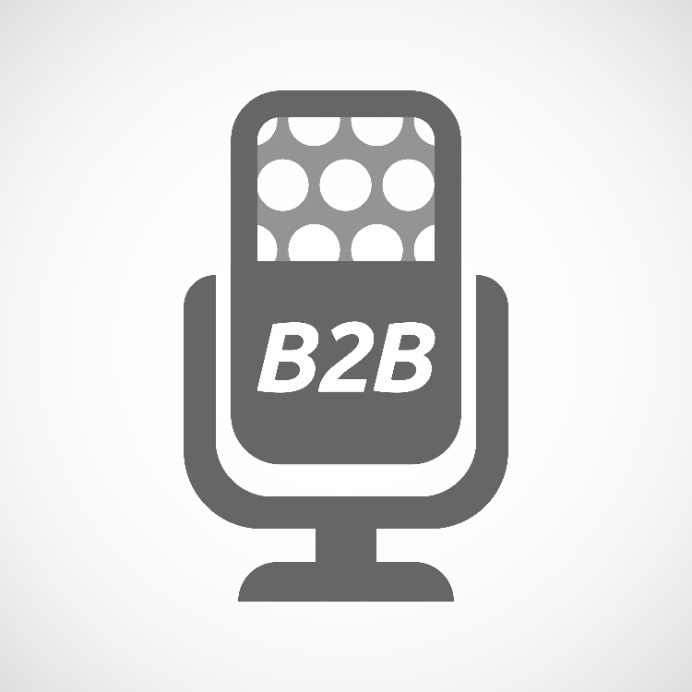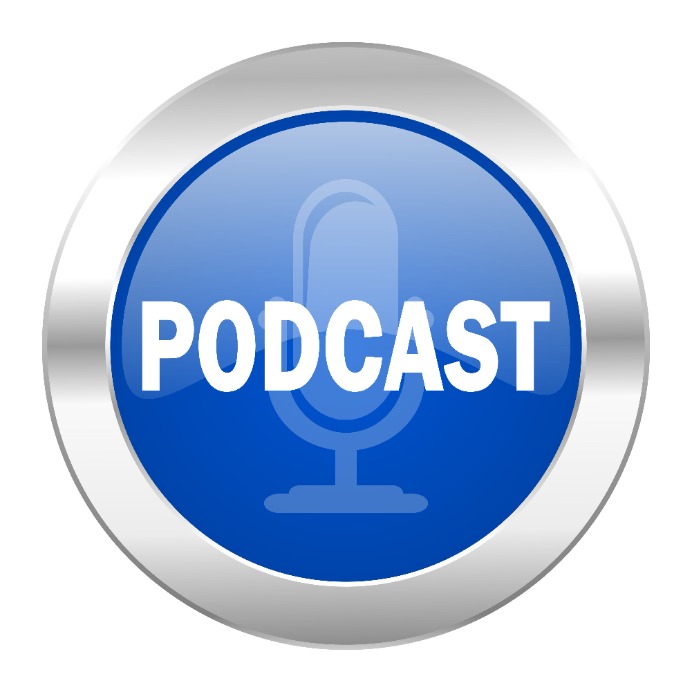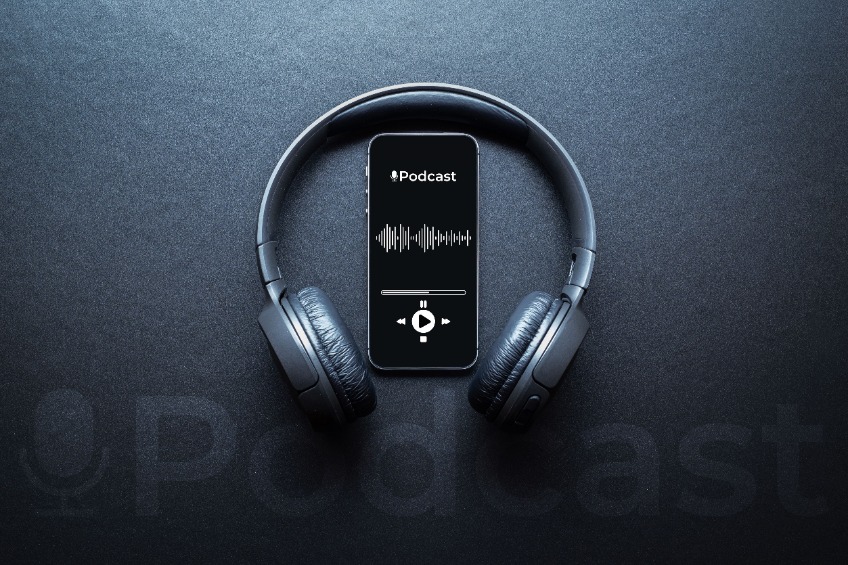
More than 104 million Americans listen to podcasts regularly—that’s one-third of the country’s population. Podcasts make consuming valuable content possible in any setting, whether at the office, at home or while on the go. They are an excellent source for professionals in any industry to engage with prospects, clients, referrals and strategic partners. The facts are clear. Millions of people are listening to podcasts and the industry continues to grow. But is producing a B2B podcast a worthwhile medium for B2B marketers?
B2B Podcasting
As interest in podcasts grows, listeners go out of their way to seek out fresh, entertaining and educational content, especially in the B2B world. The good news is that 74 percent of podcast listeners say they seek out podcasts to learn new things. It’s easy to see that a B2B podcast can bring educational value to an audience that’s eager to learn. In addition to giving audiences the information they seek, podcasts are excellent for building brand awareness, enhancing SEO, building partnerships, repurposing existing marketing content and more.
Five Questions to Answer Before Starting a B2B Podcast

Podcasts represent a valuable, conversational way to connect prospects and customers more personally with B2B brands and the thought leaders behind them. If you’re considering a B2B podcast, ask and answer the following five questions before getting started.
- What does and doesn’t interest you? Marsha Wietecha of the Born to Talk Radio Show bases her podcast on exactly this question as she believes “conversations + connections = community.” Before leaping into podcasting, Wietecha recommends, “Know what interests you first, and what doesn’t. When I’m asked ‘what is your podcast about?’ my response is simple. ‘Here’s what it’s not about.’ I believe in being inclusive, not exclusive.” Wietcha says she avoids controversial topics, such as politics. “Rather, what makes my guest’s story relatable and positive?” By tackling both the goals of your podcast alongside what you hope to avoid, it becomes possible to identify the right subject and approach. If you are considering a B2B podcast, narrow in on the expertise you hope to share, identify which host will be able to address that expertise and make a list of guests or subjects that will help listeners receive the intended message. With a clear mission relevant to your business, brand alignment will come naturally.
- Who are your “Dream 100?” A term coined by Rise25, the “Dream 100” helps businesses determine their ideal podcast audience to make the most out of every follower. “A very common question we get is ‘How do I get downloads and subscribers?’” says Rise 25 Founder Dr. Jeremy Weisz. “We turn that question around. Let’s say an eCommerce company got a million downloads on their podcast. Does it really matter that they have mass market appeal? Dream 100 means the dream clients, referral partners, strategic partners, and people in the universe of your clients. This is mission critical.” By thoroughly considering who your ideal audience is, it becomes easier to create tailored podcast content that addresses and connects with those who will most benefit from your expertise and who will instigate growth for your business.
- What is your outreach strategy? John Corcoran of Rise25 recommends starting your outreach strategy even before the podcast is available. “You can involve people in the entire creation process,” he suggests. “Email your network, tell them you’re launching this initiative, and ask them, ‘what do you think of this title idea?’ or ‘who do you recommend as a guest?’ It gets them invested.” Position your podcast on your website to ensure listeners connect it with your brand and services. Post your podcast on well-known platforms such as Spotify and Apple Podcasts. More importantly, share early outreach and current episodes regularly with target audiences via social media, email and the channels clients and prospects already frequent.
- What is a viable schedule? Consistency matters when it comes to content. This is especially true with podcasts where listeners may choose to tune in regularly during commutes, exercise or daily tasks. Consider that 82.4 percent of podcast listeners spend more than seven hours weekly listening to podcasts. It’s common practice to schedule weekly or even daily podcasts so users know to tune in at a particular time. It’s crucial to determine a schedule that you can produce and maintain on a regular basis, without sacrificing high quality.
- What equipment will you need? Determine the goal, approach and outreach of your podcast. Then, it’s time to record. Quality audio content relies on the right audio equipment, including a microphone, headphones and even a mixer or acoustic treatments, to ensure the quality of the sound reflects the quality of thought leadership. Low-quality audio turns off listeners, especially with so many other podcasts to compete with. Determine early on if your podcast will include video. If so, video-capturing equipment and software will be necessary. Recording and editing software is a must, along with a podcast hosting provider, some of which include editing options integrated into the platform.
Balance Commitment with Adaptability

There are many vital questions to ask before starting a podcast. According to Corcoran, “The benefit comes from the long term.” It takes an investment of time, energy and other resources to start a podcast off on the right foot. By ensuring your overall B2B podcast topic and strategy are designed to address business and outreach goals from the get-go, the path to success will be clearer. From there, aim to stay consistent, but learn from experiences. Finally, continue to strive for a meaningful, personal connection with target audiences.
